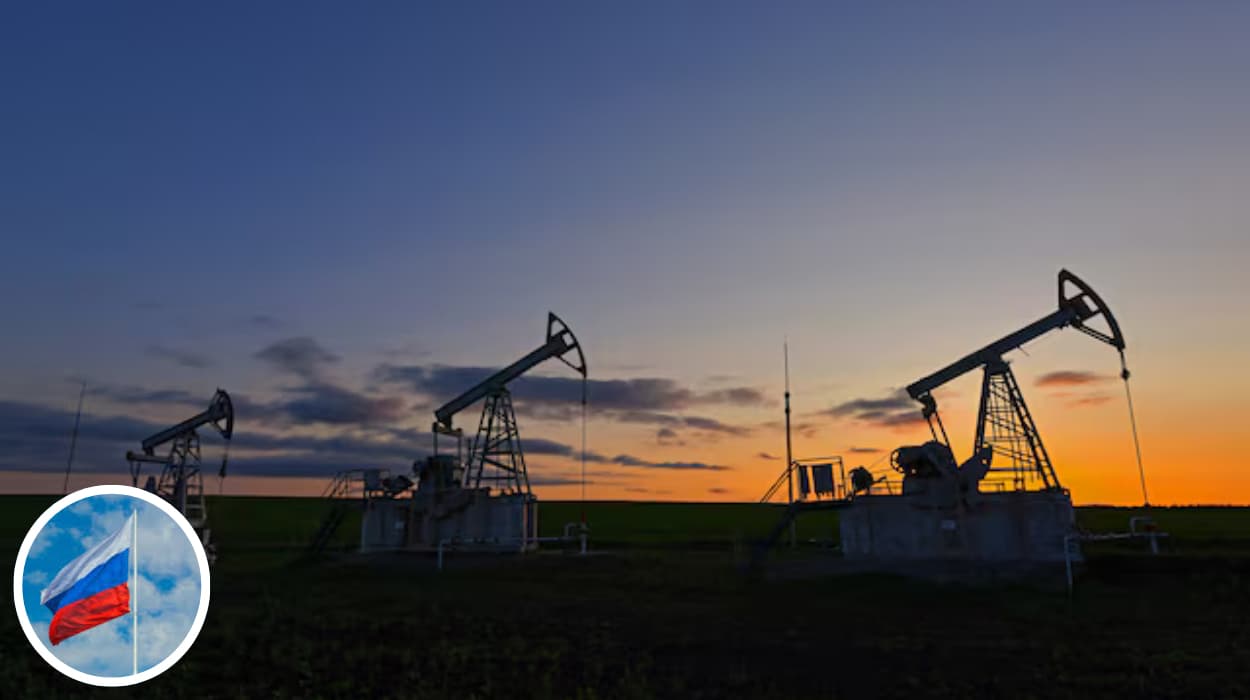Summary
- Oil prices rose after Trump warned Russian crude buyers of consequences.
- The U.S. threatened sanctions on countries and companies importing Russian oil.
- These warnings increased volatility in global oil markets.
- The move is part of U.S. efforts to economically pressure Russia amid its Ukraine invasion.
- Buyers tied to Russian crude face growing political and financial risks.
- The threats highlight a broader geopolitical struggle over energy supplies.
The recent surge in oil prices reflects growing tensions between the United States and nations still engaging with Russian oil amid ongoing geopolitical conflicts. President Trump’s explicit warnings have injected uncertainty into global markets, compelling importers to reconsider their energy sources. This strategic economic pressure aligns with broader efforts to isolate Russia and disrupt its revenue streams derived from energy exports, intensifying the challenges faced by countries reliant on Russian crude. As the situation evolves, the interplay between political decisions and market reactions underscores the complex dynamic shaping today’s global energy landscape.
What Has Caused the Recent Oil Price Rebound?
According to multiple recent reports, oil prices saw a notable increase after former President Donald Trump issued stern warnings directed at entities still purchasing crude oil from Russia. The warnings signaled potential consequences if such trade continued, effectively creating apprehension among oil buyers and investors. This statement by Trump reflects the ongoing efforts to use economic pressure against Russia amid the larger geopolitical conflict involving its invasion of Ukraine.
Market analysts attribute the rebound primarily to the heightened uncertainty in supply chains caused by these threats, as buyers seek alternative suppliers or brace for possible sanctions. This uptick follows a period of relative stabilization in oil prices, altered now by increased geopolitical risk factors linked to U.S. foreign policy declarations during and potentially after the Trump administration's tenure.
How Do Trump’s Threats Impact Global Oil Markets?
The direct impact of these threats manifests in the form of market volatility. Buyers reliant on Russian crude face difficult decisions, possibly forcing reductions or complete cessations of imports from Russian suppliers. Such shifts influence global oil availability, thereby driving up prices. The uncertainty also pushes speculative trading, which amplifies price movements beyond fundamentals.
This scenario unfolds within a complex international context where multiple countries and companies weigh economic benefits against the risk of political and financial repercussions. Signals from the U.S., especially from figures like Trump, carry significant weight in shaping international trade behavior concerning Russian energy resources.
What Are the Broader Geopolitical Implications?
Trump’s public address on Russian crude buyers aligns with broader U.S. strategies to isolate Russia economically in response to its military actions in Ukraine. This economic pressure is part of a multifaceted approach involving sanctions, diplomatic measures, and support for Ukraine. The focus on energy supplies is particularly strategic given Russia's reliance on energy exports for revenue.
Political tensions have escalated as countries that depend heavily on Russian oil navigate international pressure to diversify supplies. This diplomatic push risks fragmenting energy partnerships and accelerating shifts in global energy trade routes.
Who Are the Main Players Affected by These Threats?
Countries in Europe and Asia that have historically imported Russian crude oil are among the primary affected parties. They face increasing calls from the U.S. and allied governments to reduce or halt these imports. Additionally, multinational energy companies engaged in Russian oil trade encounter heightened scrutiny and risk, forcing some to reconsider or restructure their portfolios.
Trump’s statements, as reported by various news outlets, have specifically aimed at buyers perceived as non-compliant or slow to detach from Russian crude markets. The implication is clear: continued engagement with Russia’s oil sector may trigger economic or political penalties.
Are There Any Official Responses or Comments From Other Sources?
While direct official responses to Trump's threats from Russian or other governments have been limited in the immediate aftermath, experts and analysts have emphasized the potential consequences for the global economy and energy markets. Some international observers warn that such hardline rhetoric, if translated into policy, could exacerbate supply disruptions and escalate market instability.
Media coverage from outlets tracking the evolving situation note that Trump's comments contribute to an already fragile global energy landscape, where shifts in policy and market sentiment can have far-reaching effects.

